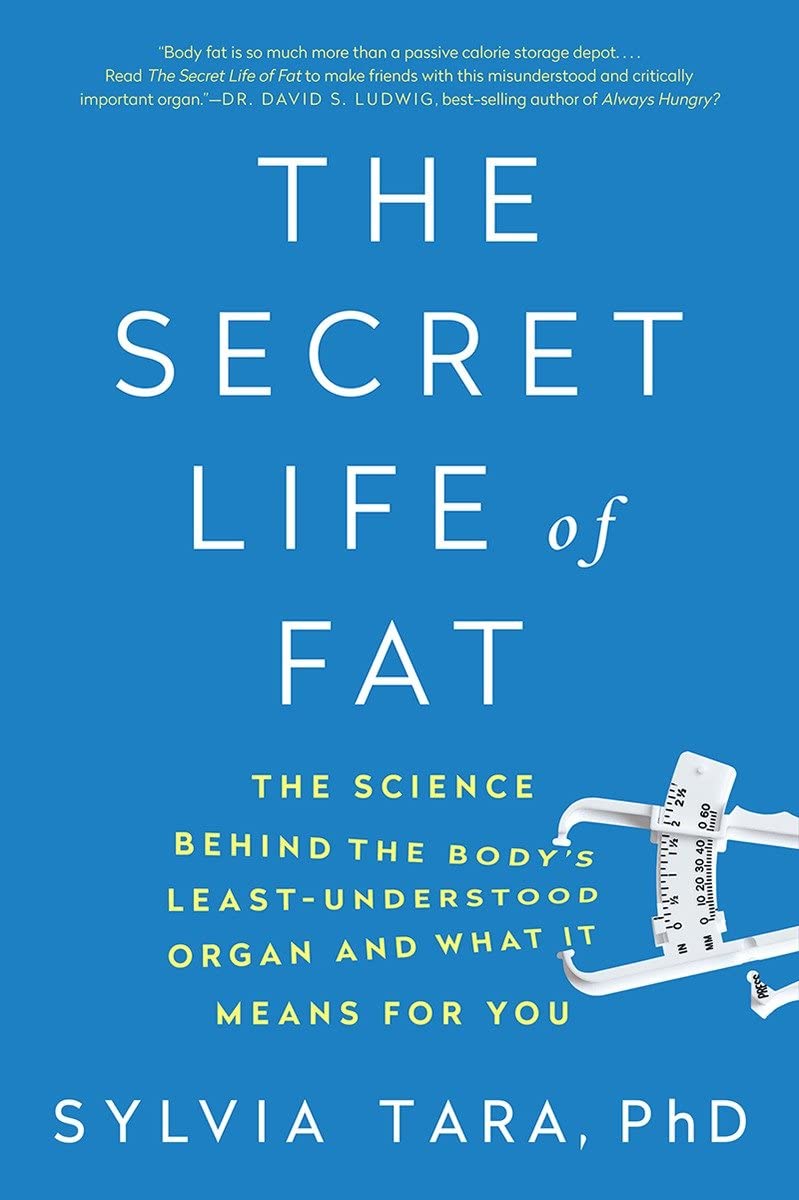[ad_1]
Understanding Fat Metabolism: How Hormones and Genetics Play a Role in Weight Regulation
Weight regulation and the ability to lose or gain weight is a complex process that involves various factors such as diet, exercise, hormones, and genetics. One crucial aspect of weight regulation is fat metabolism, which refers to the processes by which our bodies break down and store fats. Hormones and genetics play a key role in how our bodies manage fat metabolism and determine our overall weight.
Hormones, such as insulin, leptin, and ghrelin, are powerful regulators of fat metabolism. Insulin, produced in the pancreas, is responsible for regulating blood sugar levels and fat storage. When we consume carbohydrates, the body releases insulin to shuttle glucose into cells for energy production. However, if there is excessive glucose in the bloodstream, insulin promotes the conversion of glucose into fatty acids, which are then stored as fat in adipose tissue. Insulin also inhibits the breakdown of stored fats, making it harder to burn existing fat.
Leptin, known as the “satiety hormone,” is produced by fat cells and sends signals to the brain to regulate appetite and metabolism. It acts as a feedback mechanism, informing the brain whether enough fat is stored in the body. High levels of leptin suppress appetite, increase energy expenditure, and promote fat burning. However, in individuals with leptin resistance, the brain fails to respond to circulating leptin, leading to increased hunger, reduced energy expenditure, and weight gain.
On the other hand, ghrelin, known as the “hunger hormone,” is produced in the stomach and stimulates appetite. When the stomach is empty, ghrelin levels rise, signaling the brain that it’s time to eat. After a meal, ghrelin levels decrease. However, hormonal imbalances or genetic variations can lead to dysregulation of ghrelin production, resulting in increased hunger and overeating.
Genetics also play a significant role in weight regulation and fat metabolism. Numerous genes contribute to the likelihood of obesity and the body’s ability to burn fat efficiently. For example, the FTO (fat mass and obesity-associated) gene is associated with an increased risk of obesity, as it influences appetite regulation and metabolism. Another example is the MC4R (melanocortin 4 receptor) gene, which regulates energy expenditure and food intake. Variations or mutations in these genes can lead to impaired fat metabolism and contribute to weight gain.
Understanding individual genetic predispositions and hormone levels can help in personalizing weight management strategies. For instance, individuals with insulin resistance may need to adopt a low carbohydrate diet and implement strategies to improve insulin sensitivity, such as regular exercise. Those with leptin resistance may benefit from specific dietary modifications and targeted lifestyle interventions.
It is important to recognize that while hormones and genetics play a significant role in weight regulation, they are not the sole determinants of body weight. Other lifestyle factors like diet, physical activity levels, and environmental influences also contribute to weight management. Nevertheless, understanding the interplay between hormones, genetics, and fat metabolism can provide valuable insights into effective weight loss strategies and overall health.
In conclusion, fat metabolism is a complex process influenced by hormones and genetics. Hormones such as insulin, leptin, and ghrelin regulate appetite, energy expenditure, and fat storage. Genetic variations can affect fat metabolism and contribute to weight gain. Understanding these factors can help individuals personalize their weight management approaches and strive for a healthier lifestyle. By addressing hormonal imbalances and considering genetic predispositions, individuals can optimize their weight regulation and improve overall well-being.
[ad_2]






















